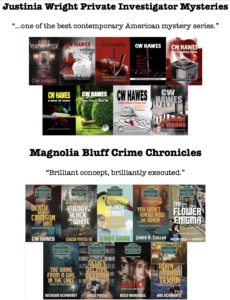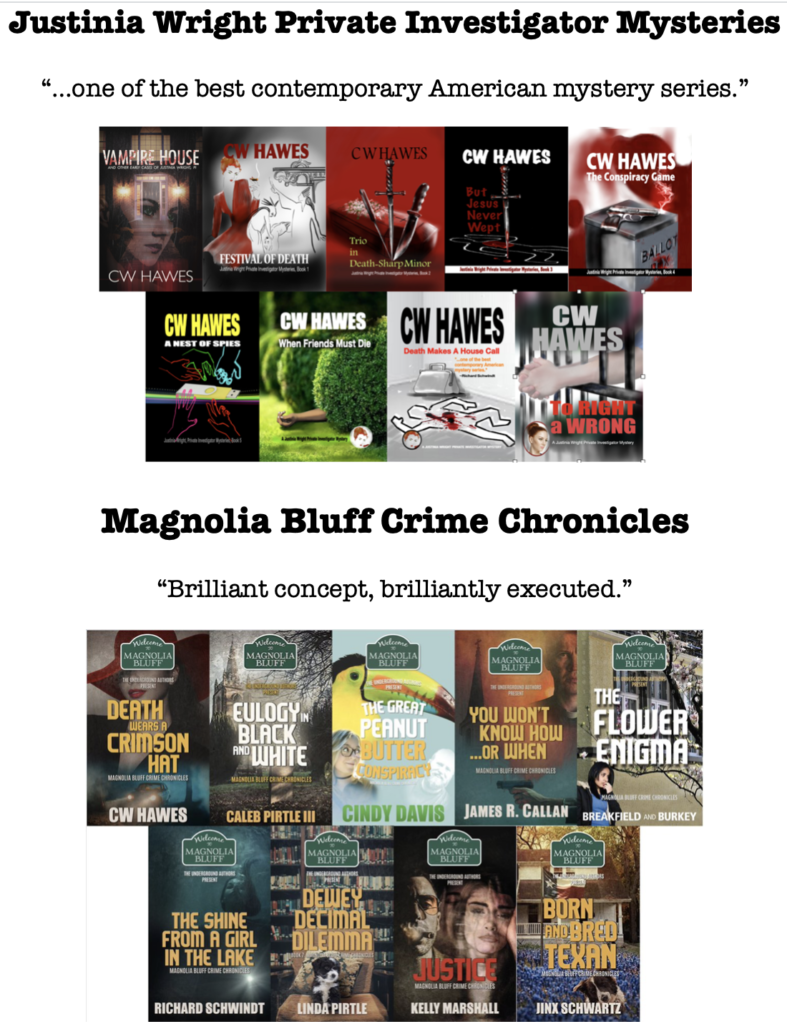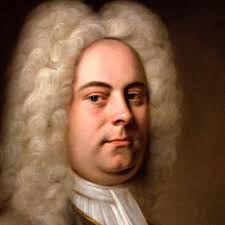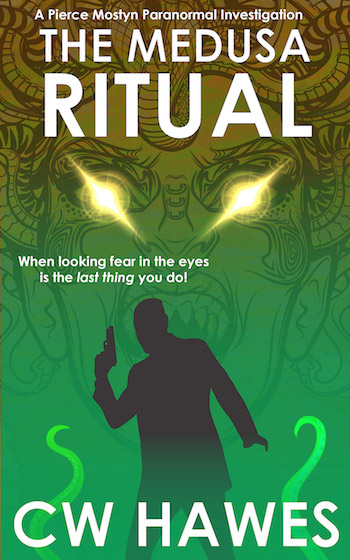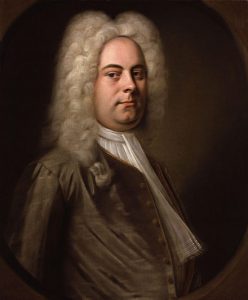
This past Sunday was the 335th birthday of German/British composer George Frideric Handel, according to the old Julian calendar. March 5th is his birthday according to our current calendar.
In my opinion, Handel was one of the greatest composers ever. His music was impressionistic before there was any Impressionism movement. In an age of patronage, Handel was a businessman and his own boss for most of his career. In the course of his life he made and lost several fortunes, and died a millionaire by today’s standards.
David Vickers has given us a colorful synopsis of the great composer’s life and you can read it here: https://www.gramophone.co.uk/features/article/the-mysteries-myths-and-truths-about-mr-handel
However, what is not generally known about Handel is that he was a consummate philosopher. He wrote one philosophical treatise: his last oratorio, Jephthah. The musical drama was a rebuttal to Alexander Pope’s An Essay on Man.
An Essay on Man, published 1733-34, is a poetic philosophical treatise vindicating the ways of God vis-a-vis His interactions with humans (line 16). The poem presents the natural order of things that God has decreed for human beings.
Pope goes on to argue that since it is impossible for finite humans to know the purposes of the infinite God, human beings have no right to complain about their lot in the Great Chain of Being (lines 33-34). Instead of complaining, people should simply accept the premise that “Whatever is, is right.” (line 292)
An Essay on Man found great acceptance and admiration throughout Europe. Among it’s admirers were Rousseau, Voltaire, and Kant. In fact, Kant used to read the poem to his students; and Pope’s philosophy was an important contributor to Kant’s own philosophy of religion.
While an early admirer, Voltaire later rejected Pope’s deterministic optimism and lampooned it in his book Candide.
However, Handel beat Voltaire’s rebuttal by 8 years — publishing, in 1751, his own rejection in the form of the magnificent oratorio, Jephthah.
In Jephthah, Handel questions, with biting sarcasm, that is brilliantly portrayed in the musical interpretation of the text, Pope’s assertion that “Whatever is, is right.”
The Biblical account of Jephthah is fairly short. He sets out to fight Israel’s enemies and vows to God that if God honors him with victory he will sacrifice to God the first thing he sees upon his return from the battlefield.
Foreshadowing is nothing new, writers and readers. And low and behold, what is the first thing Jephthah sees? Why, of course, his only daughter. The Biblical account clearly implies Jephthah kept his vow, after allowing his daughter a year’s reprieve.
However, such an interpretation wouldn’t fly in 18th century London. So the librettist, the Reverend Thomas Morell, took a page from the story of Abraham and Isaac and had an angel spare Iphis, Jephthah’s daughter, from death — but to honor the vow, she could not marry and had to remain a virgin her entire life.
And of course, Iphis has a lover, Hamor. Talk about star-crossed lovers!
Through the musical interpretation of the text, Handel roundly damns Pope’s sentiment, “Whatever is, is right.”
Whatever is, is not always right. The punishment for Jephthah’s misguided and witless vow falls squarely on two innocents: Iphis and Hamor, the young lovers who have their whole lives ahead of them. And according to Handel, that is definitely not right. Those two should not have to suffer for Jephthah’s misguided zeal.
It’s as if Handel was saying, no loving and fair God would ever commit such a travesty of justice. Spare Iphis from death, but commit her to the lifelong death of separation from the one she loves? Bah! Humbug! And no father should have to honor such a vow based on belief in religious duty that flies in the face of religious common sense. Jephthah had just defeated the followers of Moloch who practiced human sacrifice!
Yes, indeed, Pope and his absurd position be damned!
You can listen to the oratorio here: https://www.youtube.com/watch?v=0N0N-o3KAsk
The performance is 2 hours and 40 minutes of some of the most poignant and sublime music you will ever hear. Never has philosophy been so easy to enjoy!
George Frideric Handel was and is a giant among composers. He wrote French music better then the French, Italian music better than the Italians, and German music better than the Germans (although some would cite JS Bach as the exception). No British composer until Ralph Vaughan Williams could even come close to Handel.
Handel was a great musician and a great philosopher. Happy birthday, George!
Comments are always welcome! And until next time, happy reading! (And listening!)
Share This!

CW Hawes is a playwright; award-winning poet; and a fictioneer, with a bestselling novel. He’s also an armchair philosopher, political theorist, social commentator, and traveler. He loves a good cup of tea and agrees that everything’s better with pizza. If you enjoyed this post, please consider buying me a cup of tea. Thanks! PayPal.me/CWHawes
